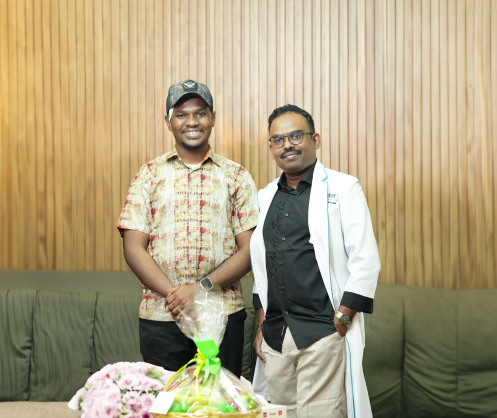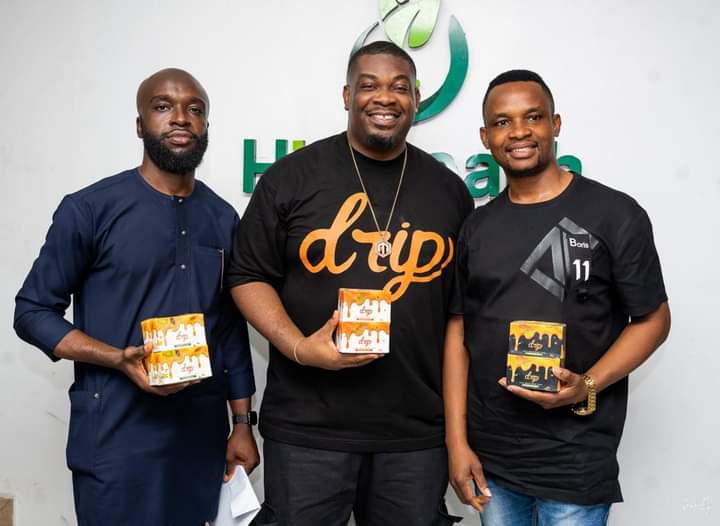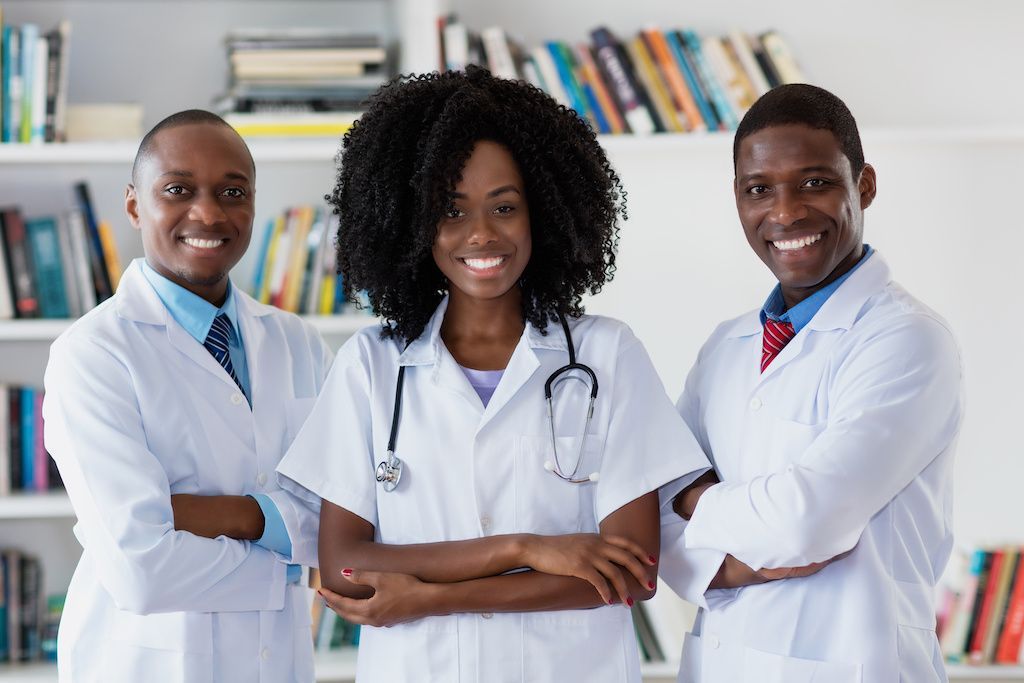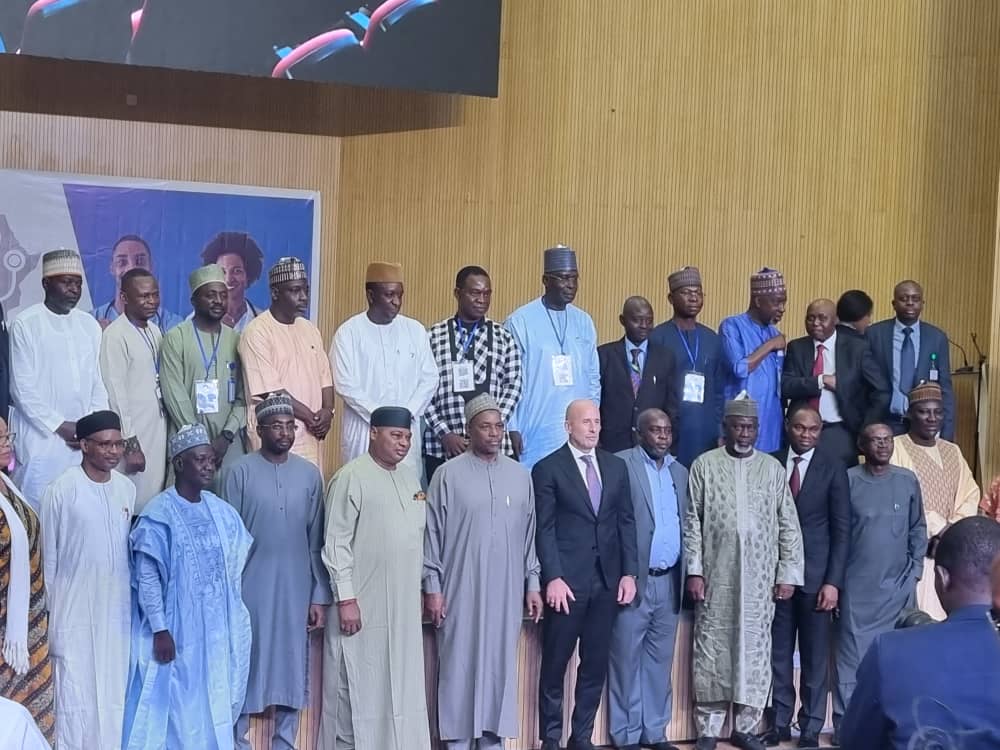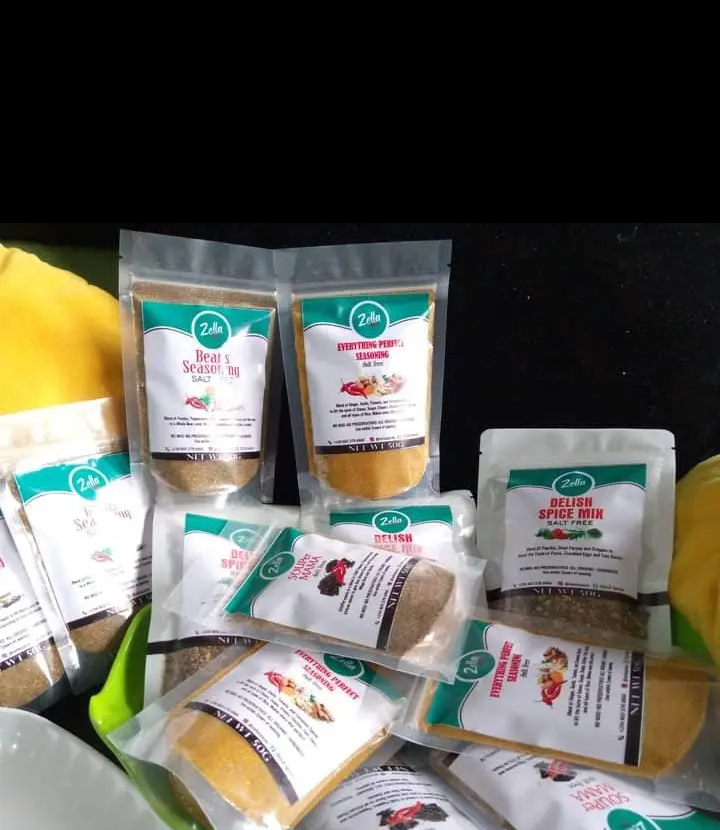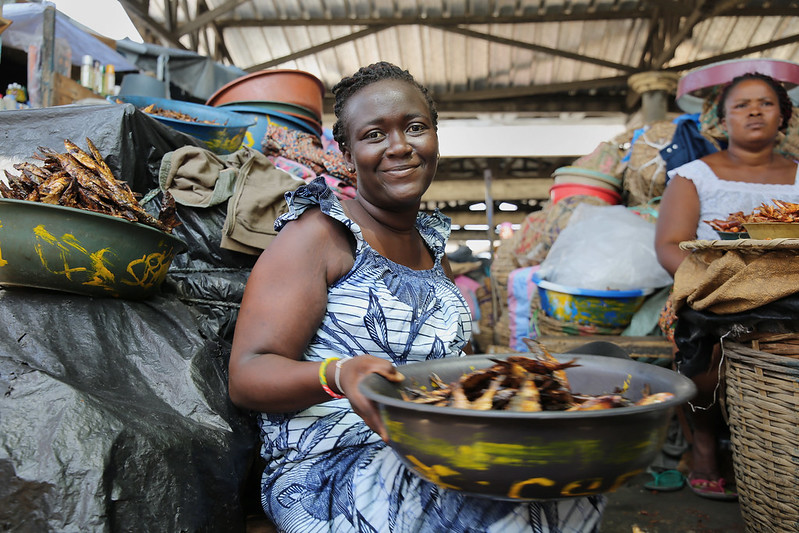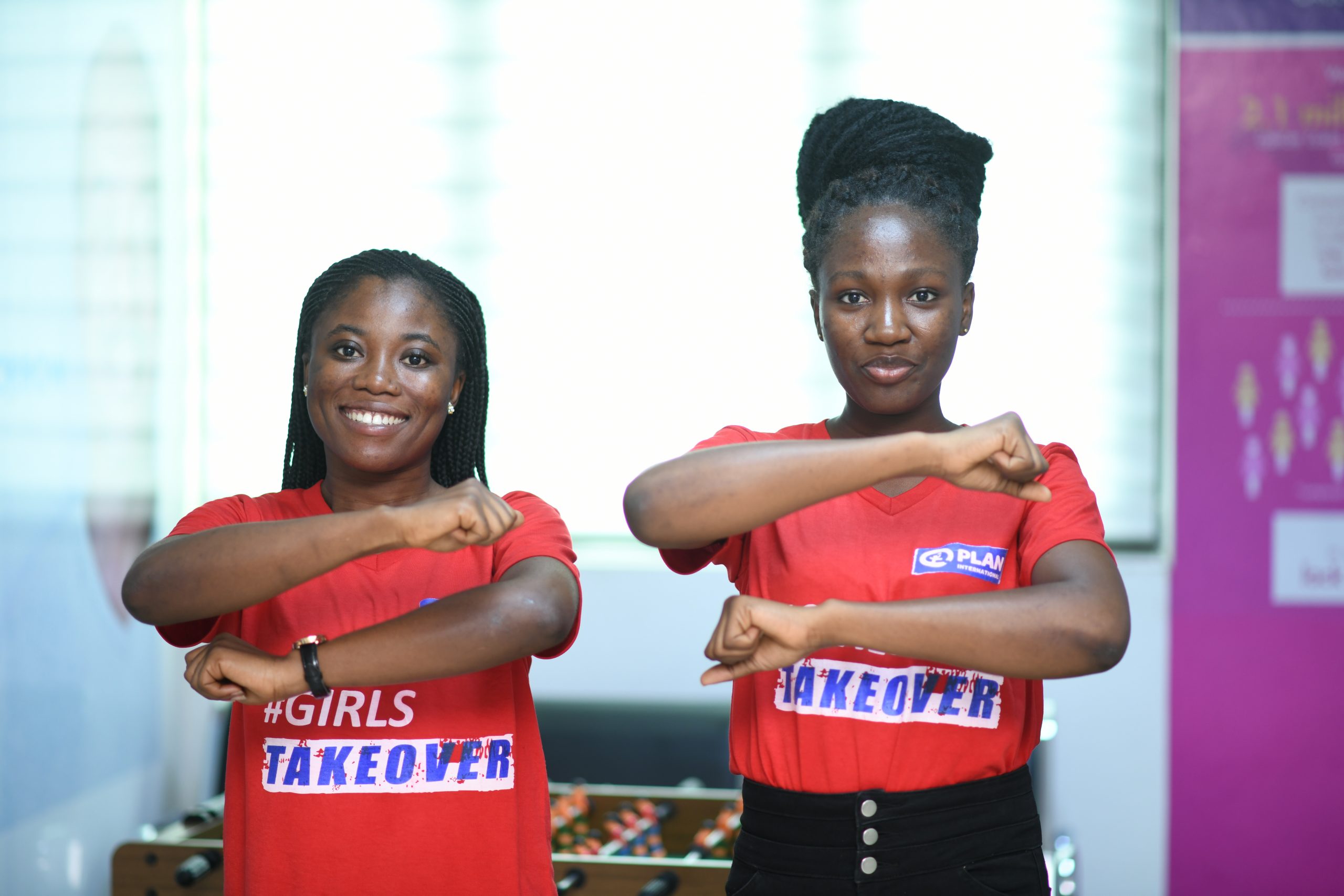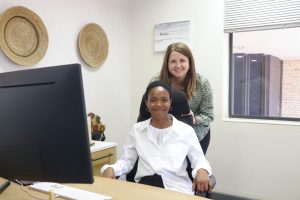Air fryers have become the darling of health-conscious home cooks, offering the promise of crispy foods with less oil and, presumably, fewer calories. But are they as healthy as they seem? Let’s take a closer look, as these trendy kitchen gadgets might not be as worry-free as the hype suggests.
First off, air frying does come with one big advantage—reduced oil. By using hot air instead of deep-frying in a vat of oil, you’re cutting down on calories and fat, which is certainly a plus. But there’s more to consider. Like any cooking method that heats food at high temperatures, air frying can trigger the formation of acrylamide, a chemical that’s been linked to potential cancer risks in animal studies. When we cook foods like potatoes or other carb-rich items at high temperatures, this compound is created, and while research is still evolving, it’s something to keep in mind.
Then there’s the issue of inflammation. When we cook at high temperatures, we may also produce advanced glycation end products (AGEs). These compounds, when consumed in excess, can lead to oxidative stress and inflammation, which could contribute to health issues like heart disease and diabetes. It’s the same risk you’d get with grilling or baking at high temperatures, so it’s not unique to air fryers, but it’s something to be aware of if you’re using one daily.
Let’s talk about the quality of the fryer itself. Some models may be made with materials that release harmful chemicals, such as BPA, when they’re heated. There’s a growing awareness around these issues, so it’s wise to go with high-quality, BPA-free appliances when choosing an air fryer.
Another consideration is what people are cooking in these fryers. Sure, you can make some deliciously crisp veggie chips, but the convenience of air fryers also makes it easy to cook pre-packaged, frozen foods. These tend to be high in sodium, preservatives, and unhealthy fats, which can quickly take away from the “healthy” benefits air fryers promise.
And lastly, there’s the risk of falling into a rut. Because air fryers make certain foods so accessible, it’s easy to get caught in a cycle of cooking the same types of meals. But eating a wide variety of foods is key to getting a balanced diet, and an air fryer—convenient as it is—may inadvertently limit that diversity.
In the end, I think air fryers can be a great addition to the kitchen, as long as we’re mindful of these potential downsides. Avoid overcooking to reduce acrylamide, use whole foods instead of processed options, and select a model with safe materials. It’s a handy tool, but let’s not lose sight of balance and moderation in our diet. For those who use air fryers responsibly, they’re probably a net positive—just maybe not the ultimate health solution they’re marketed as.


